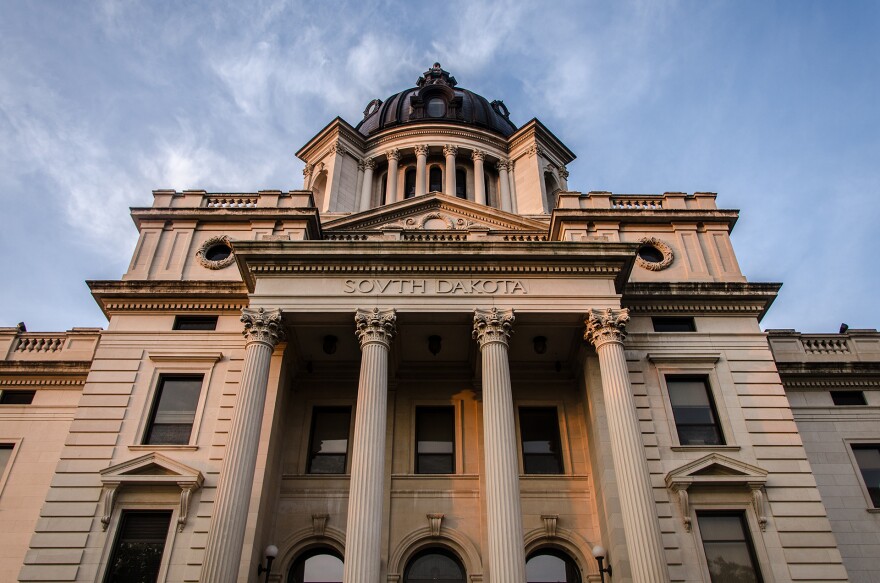The State Tribal-Relations Committee heard points on the application of the Indian Child Welfare Act at their third interim meeting on June 26.
The meeting comes after early June’s Supreme Court ruling upholding the constitutionality of the act.
The act, commonly called ICWA, aims to keep more Native children with their tribes and communities in adoptions and fostering situations.
Chief Judge for Sisseton-Wahpeton, B.J. Jones, told committee members there are several ways legislations could be applied at the state level.
“Just because the Supreme Court has ruled that ICWA is constitutional, which is a great relief - and most tribes believe that to be the case - doesn’t mean there aren’t issues that can be clarified by state statutes,” Jones said.
Jones specified legal responsibilities and licenses between the Department of Social Service and Tribal Courts as areas that would benefit from clarifying legislation. He positioned his points on ICWA not in debate of the act’s legality, but in how best to apply the constitutional law.
Two bills codifying ICWA into state law was introduced last legislative session, but they were voted down. Opponents said they wanted to wait for the Supreme Court ruling before enacting anything.
The Director of Sisseton-Wahpeton Child Protective Programs, Mickey Devine, said it is important for the legislature to enact bills to support ICWA.
“I am asking for legislation because we are going to continue with that state ICWA law,” said Devine “Because those challenges to this, the challenges to our sovereignty are still coming and we need to be prepared. We want to care for our own children. We want to care for our own families here. We live here.”
Fourteen states have passed legislation in support of the Indian Child Welfare Act, including North Dakota, Nebraska, Iowa and Wyoming.



